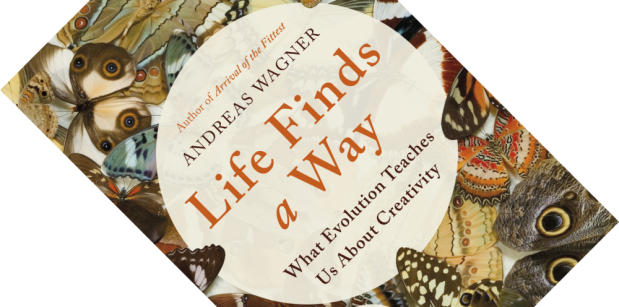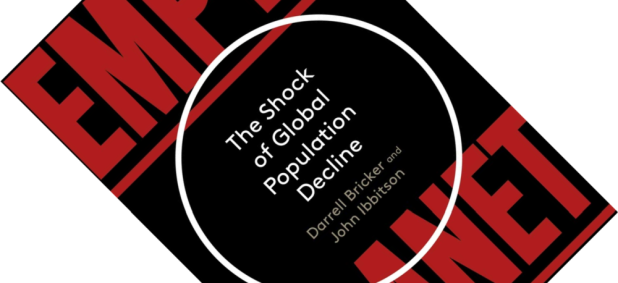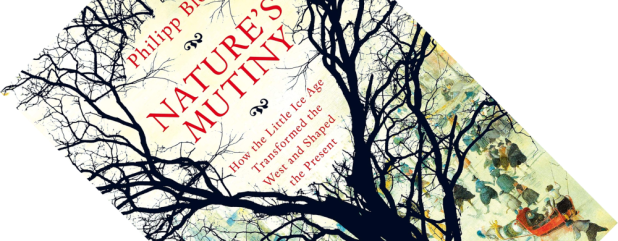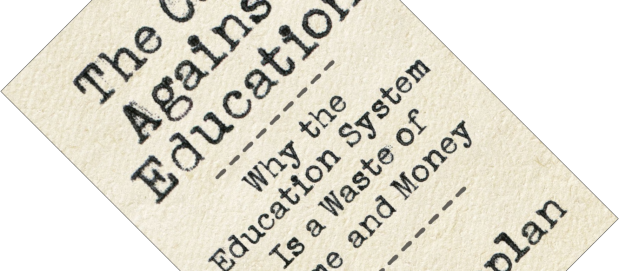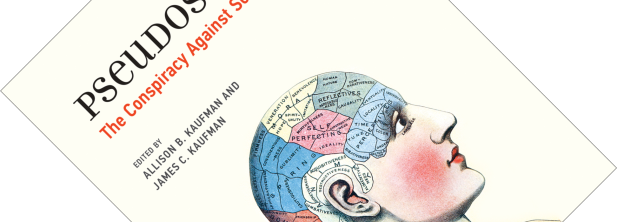Back in 2014, evolutionary biologist Andreas Wagner blew my mind. His book Arrival of the Fittest: Solving Evolution’s Greatest Puzzle gave fascinating answers to the question of where evolutionary innovations come from. I will say more about it below, but in short, there are many ways to solve a problem. But, as Life Finds a Way shows, not all solutions are equally good. To evolve from a suboptimal solution to a superior one usually involves several steps through intermediary solutions that are even worse, something that natural selection acts against. So how does evolution overcome such obstacles? And what does the answer have to do with human creativity? Can we apply these ideas further afield in education or economics? And is this book going to be as good as his last one? So many questions…
education
Book review – Upheaval: How Nations Cope with Crisis and Change
The subtitle of this book could also be reworded as a question. How, indeed, do nations cope with crises such as war? With Upheaval, geography professor Jared Diamond puts forward a rather unorthodox suggestion for answering this question. Psychologists and specifically crisis therapists have gained a lot of insight into how individuals deal with and overcome crises in their personal lives. Taking a list of twelve factors that influence this, Upheaval is both a thought experiment and a piece of comparative history that tries to apply this framework to six nations that went through a crisis.
Book review – Empty Planet: The Shock of Global Population Decline
Given that I consider overpopulation to be the mother of all problems and, unfortunately, the elephant in the room that few wish to address, this book immediately drew my attention. Empty planet? Global population decline? Those are not words you often hear when the subject turns to future demographic trends. And yet, these two Canadian authors, Darrell Bricker the CEO of social and opinion research firm Ipsos Public Affairs and John Ibbitson a journalist for Globe and Mail, contend exactly this.
Book review – Nature’s Mutiny: How the Little Ice Age Transformed the West and Shaped the Present
In the minds of most people, the words “Ice Age” will invoke images of mammoths and sabertooth tigers. But historians use the phrase “Little Ice Age” to refer to a particular period in recent history when average temperatures dropped for a few centuries. The impact this had on societies was tremendous. In Nature’s Mutiny, originally published in German and here translated by the author, historian Philipp Blom charts the transformations that resulted and shaped today’s world. It is also one of the most evocative book titles I have seen this year.
Book review – Blueprint: How DNA Makes Us Who We Are
When I opened this book and read its sales pitch (I paraphrase: “What if I told you of a new fortune-telling device that can predict psychological traits – it’s called the DNA revolution!”) I raised my inquisitive but sceptical eyebrow somewhat. Did I just pick up another piece of pop-psychology pulp? Oh boy, was I wrong! Behavioural geneticist Robert Plomin has written an incredibly interesting book with Blueprint, explaining how rapid advances in DNA sequencing technology are opening vast new vistas on the genetics underlying psychology. And is it ever so different, and more complex, than what hyped-up newspaper headlines have tried to sell us so far.
Book review – The Case Against Education: Why the Education System Is a Waste of Time and Money
Here is another book in the category “reading outside of my usual fields of interest”. When I spotted this title in the last Princeton catalogue it immediately piqued my interest. Surely, as an unabashed cheerleader of science, why would I oppose education, the gateway to science? Economist Bryan Caplan has written a provocative book that will not make him many friends. But before you discard this book as abject nonsense, give the man a chance and hear him out. He makes a cogent argument, supported by both common-sense observations and a solid analysis.
Book review – Pseudoscience: The Conspiracy Against Science
Fake news, alternative facts, misinformation. These buzzwords have been making headlines all too regularly in the last few years. Who to trust and how to tell apart well-executed science from bunk has become increasingly challenging amidst the information overload of our internet era. The edited collection Pseudoscience: The Conspiracy Against Science brings together 22 contributions that examine the problem of pseudoscience from a variety of perspectives. The unbelievable things people believe in may be easy to mock, but, as this book makes clear, they are no laughing matter.

